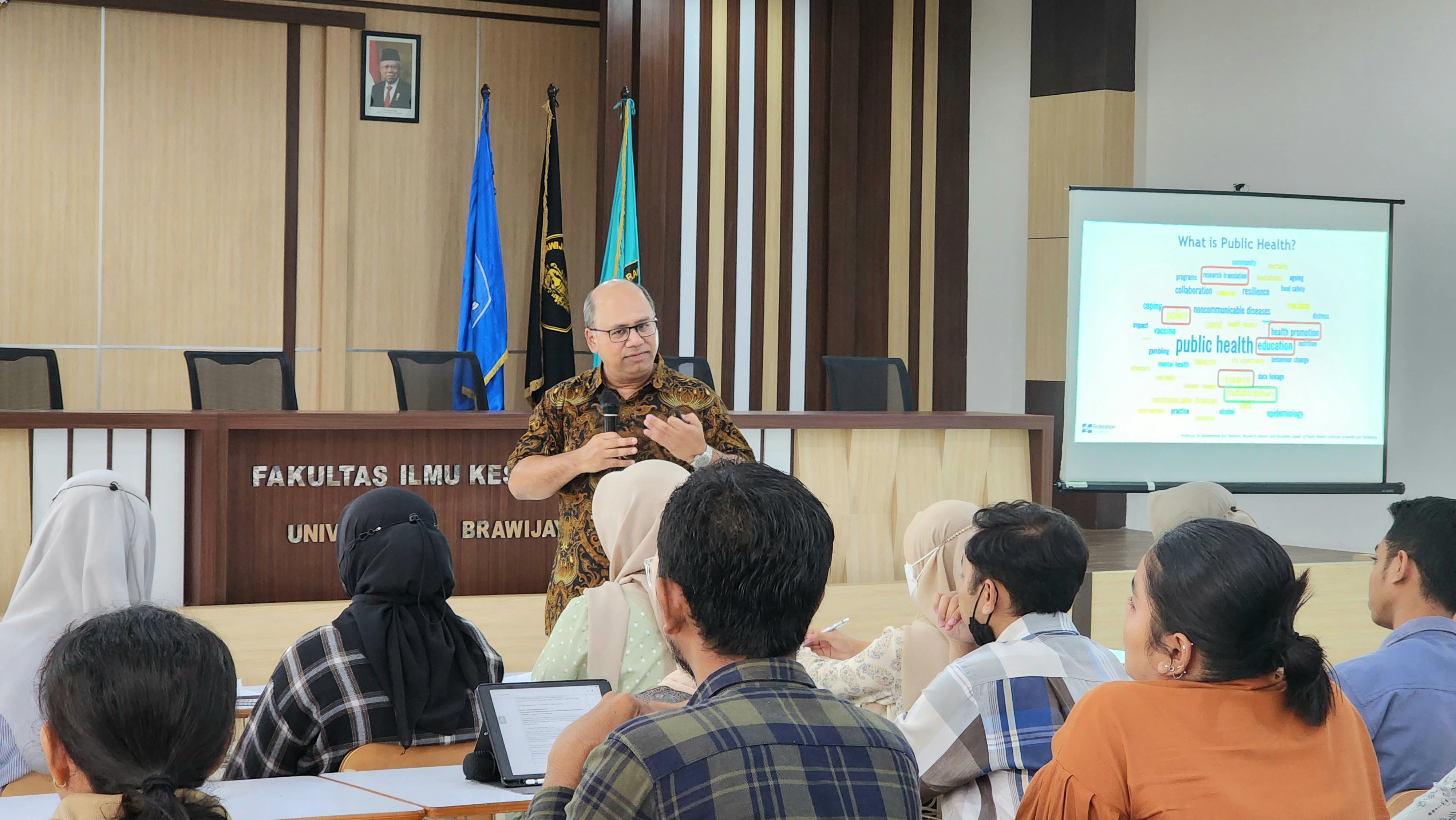Burnout looms: University staff continue to sacrifice own wellbeing for that of their students

Sponsored by

Sponsored by

A global study examining the health and wellbeing of university staff has found evidence of increased burnout and psychological stress in a post-COVID context. The study, published in BMC Public Health was led by Professor Dr. Muhammad Aziz Rahman, Head of the Discipline of Public Health and Research Advisor from Federation’s Institute of Health and Wellbeing.
Professor Rahman says there has always been a variety of work-related stressors that affect the wellbeing of staff at higher education (HE) institutions including financial impacts (terminations and redundancies), increasing workload demands and challenging managerial responsibilities. These stressors were believed to be magnified during the pandemic as HE staff felt increased responsibility for their students’ wellbeing at the detriment of their own.
“Staff, who are the driving force behind students' success in any subject at a university, should put their own health and wellbeing first in order to increase productivity and provide better guidance to upcoming professionals”, said Professor Rahman.
While a majority of respondents did not feel job insecurity, 73% of the 2,353 global participants reported experiencing moderate to high levels of psychological distress.
Further, female staff reported higher burnout rates than male staff, “women had higher burnout and distress than men, which could be due to more household responsibilities, parenting, challenges in work-life balance and lack of support.”
This first of its kind. Professor Rahman’s study into post-pandemic university staff health and well-being engaged academic collaborators and participants from 16 countries.
Professor Rahman believes there is a need for more research in this area, “Staff, who are behind the success of students across any discipline at higher education institutions, have rarely been studied to examine their health and wellbeing.”
This study expands on Professor Rahman’s work during the pandemic period (2020-21), where he undertook a global study to examine the psychological wellbeing of people across global communities.
While 58% of HE staff reported using resilient coping mechanisms, a concerning 17% of staff never consulted a healthcare provider for a health assessment or support.
Professor Rahman also believes anyone working at a HE institution, particularly vulnerable staff identified in this research, should be provided more support, and universities need to enlist strategies to increase awareness of existing services.
Based on these findings, Professor Rahman has commenced future research where he’ll examine the best user-friendly mental health support strategies for staff working at HE institutions in Australia and internationally.
“Learning what we have from this study, it’s important to now move our attention to identifying public health interventions suitable to at-risk staff working across the global university sector”, Professor Rahman said.
Professor Rahman is an experienced and well-known global collaborator who was ranked among the top 2% scientists globally in the field of ‘General and Internal Medicine’ for the last subsequent four years (2020-23) (Elsevier & Stanford University).
Federation University’s research aims to transform lives and enhance communities through a commitment to applying world-class research to address real-world challenges both regionally and globally. More information on Federation’s research activities can be found at https://federation.edu.au/research.
This research was made possible through the generous contributions of staff from the following universities who participated in this study: Australia (Federation university, Australian Catholic University), China (Shenzhen University), Hong Kong (The Chinese University of Hong Kong), Indonesia (Universitas Airlangga), Kuwait (Kuwait University), Malaysia (Universiti Malaysia Terengganu), Mexico (Universidad Anahuac Queretaro), Oman (Oman College of Health Sciences and Sultan Qaboos University), Pakistan (International Islamic University), Palestine (Al-Azhar University-Gaza), Saudi Arabia (Qassim University), South Africa (University of Johannesburg), Taiwan (Asia University), Turkey (Kirklareli University), United Arab Emirates (University of Sharjah), and United Kingdom (Northumbria University)